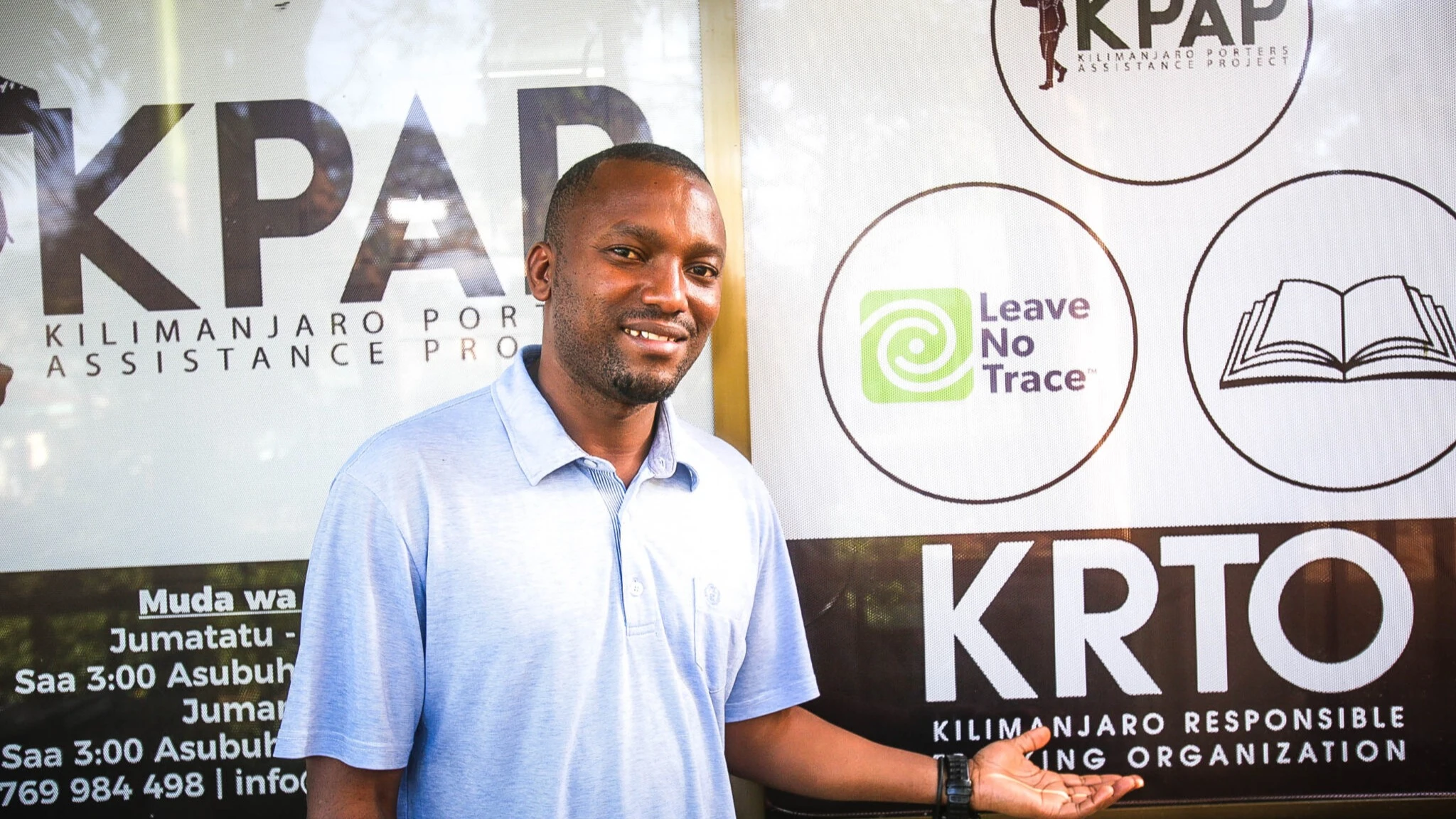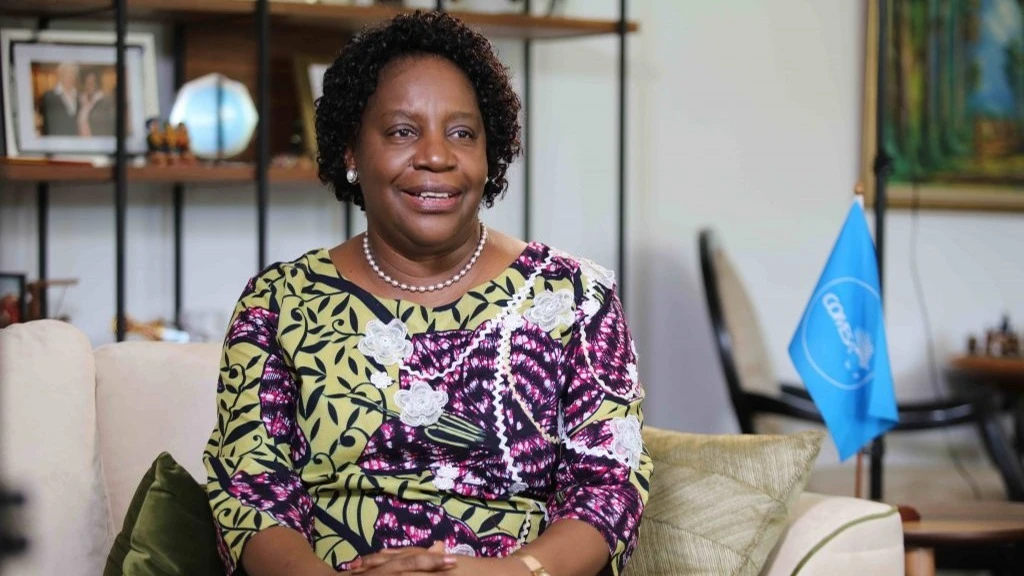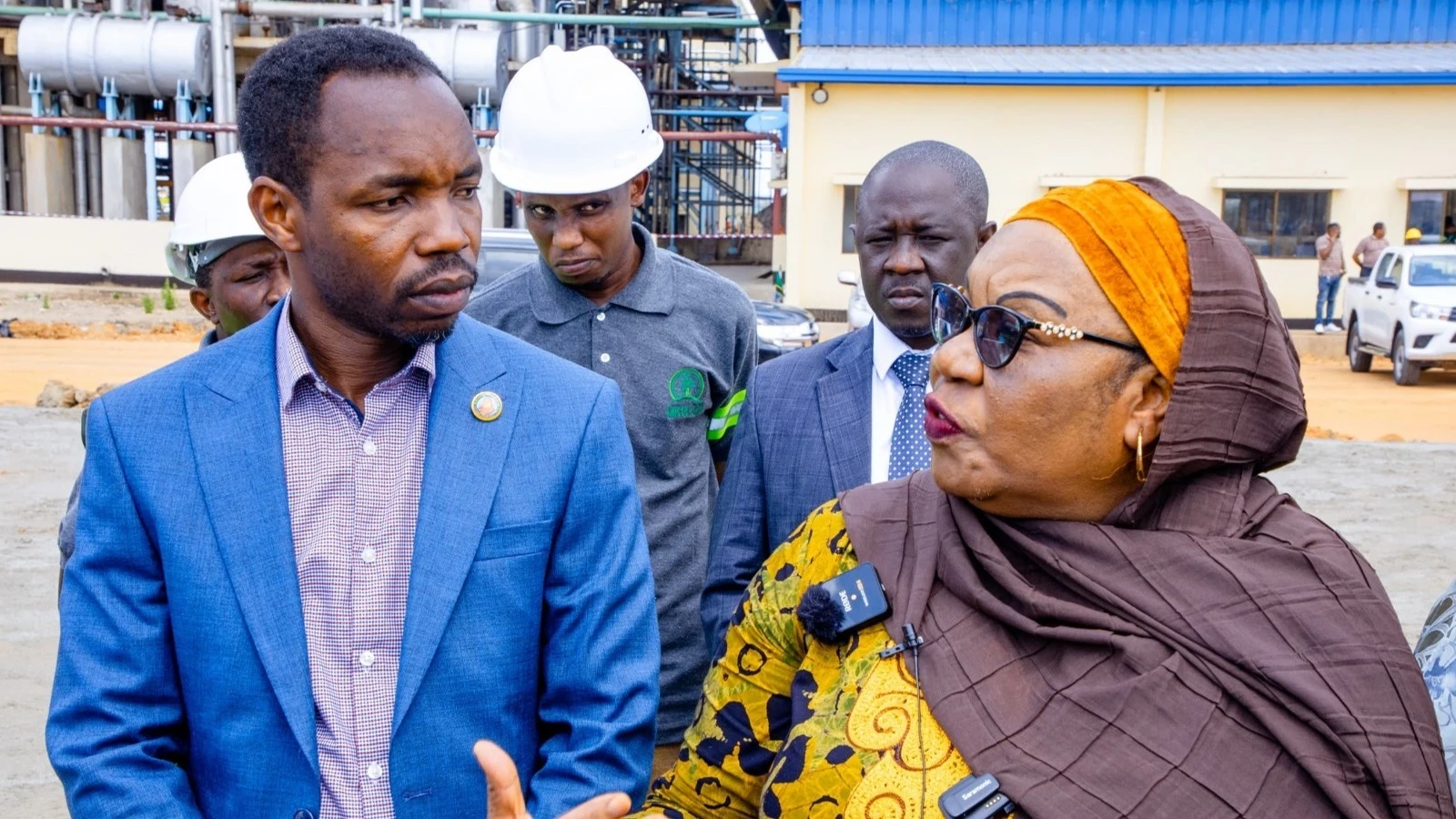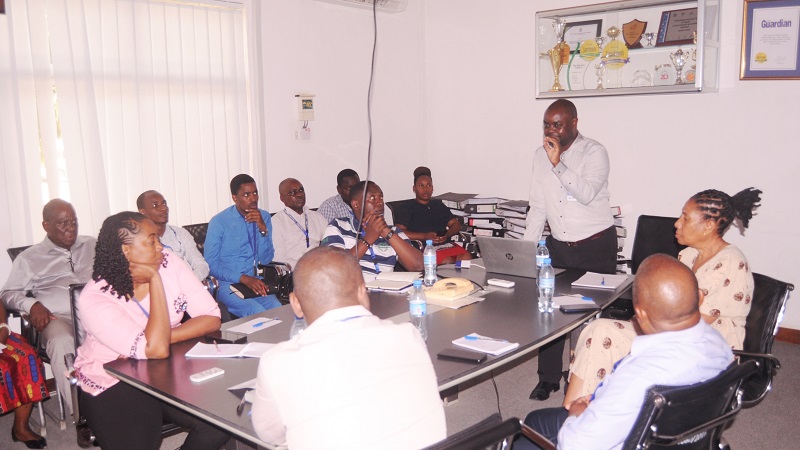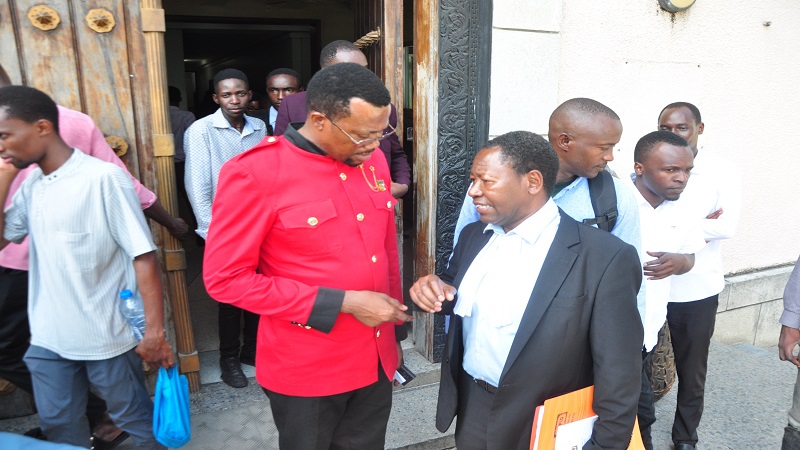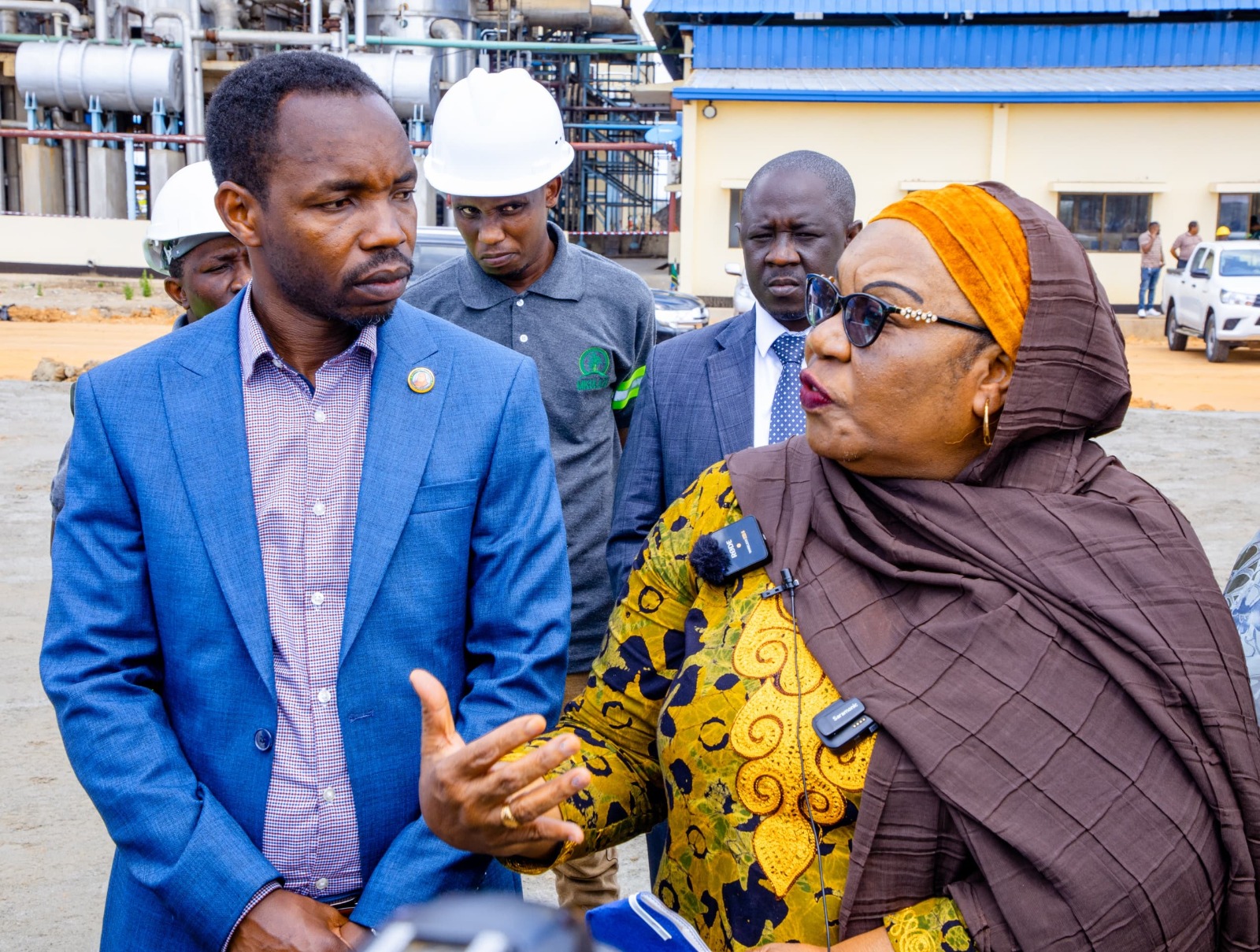Pangani women benefit from conservation grants
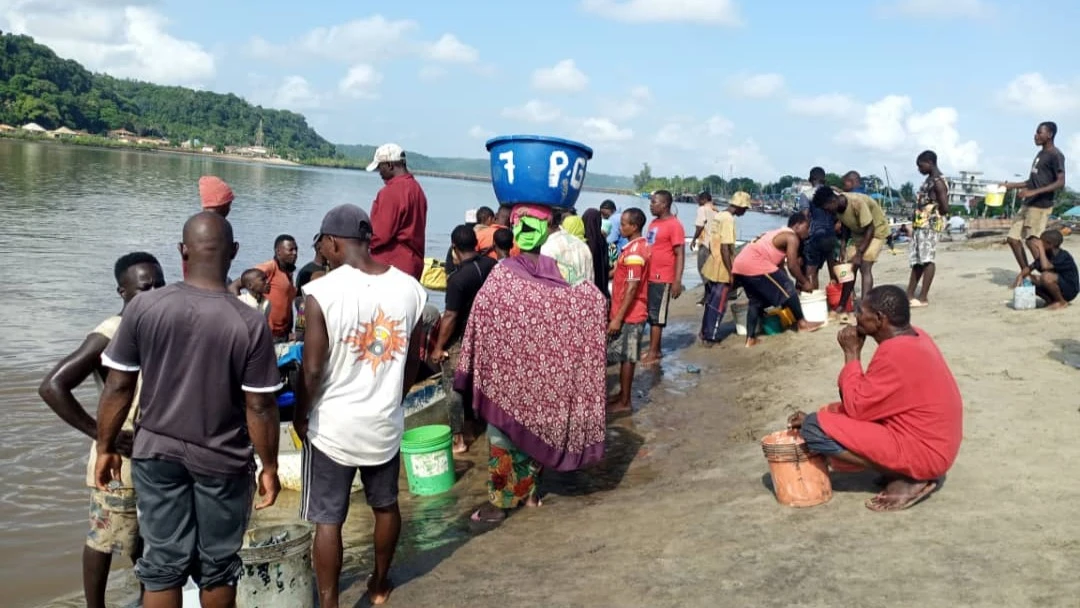
Women from four villages in Pangani District have recently benefited from performance-based grant incentives through the Fund for Sea Care (MKUBA), following their efforts to conserve marine environments and resources.
Along with these incentives, they have also undergone capacity assessments and participated in training workshops focused on local fisheries management.
These developments were revealed after Mwambao Coastal Community Network Tanzania met with experts from the Pangani District Council in a meeting to discuss the achievements of the ECOFISH-LVFO project.
The project is being implemented in four coastal villages in Pangani district, Tanga region.
The ECOFISH-LVFO project aims to promote the sustainable management and efficient use of marine resources.
It seeks to establish policies and frameworks that protect these assets and encourage responsible fishing practices.
According to Tumaini Jackson, ECOFISH Conservation Project Officer, Pangani's coastline holds significant ecological value, rich with marine life.
This is why the project targeted four specific villages—Sange, Stahabu, Kipumbwi, and Ushongo—that have previous experience in implementing the Beach Management Unit (BMU) project.
Jackson explained that key activities during the project’s implementation included collaborative efforts in sustainable marine resource management and protection of beach ecosystems.
The four villages benefited from various trainings, including community awareness on coastline conservation, participatory marketing development workshops, policy and regulation reviews, and the introduction of community conservation-linked loans under the MKUBA initiative.
One notable achievement was the training on constructing artificial reefs, with 99 artificial reefs deployed in Ushongo Village alone to further conserve marine life.
"The project has had positive outcomes for the communities, particularly increasing women's participation in marine resource management and developing local plans for reef closures, including octopus and other species," said Jackson. "We have also introduced the MKUBA fund, a women-focused loan initiative."
MKUBA, a performance-based grant program, offers small business training and mentorship to help communities establish and manage revolving loan funds that incorporate environmental conservation actions into the loan terms.
To access credit, members must engage in activities that support village by-laws and ecosystem restoration.
This fund provides crucial access to credit for small-scale producers who often struggle to secure financial services from banks or Microfinance Institutions (MFIs) due to their small loan sizes, high margins, and volatile income streams.
Top Headlines
© 2024 IPPMEDIA.COM. ALL RIGHTS RESERVED













